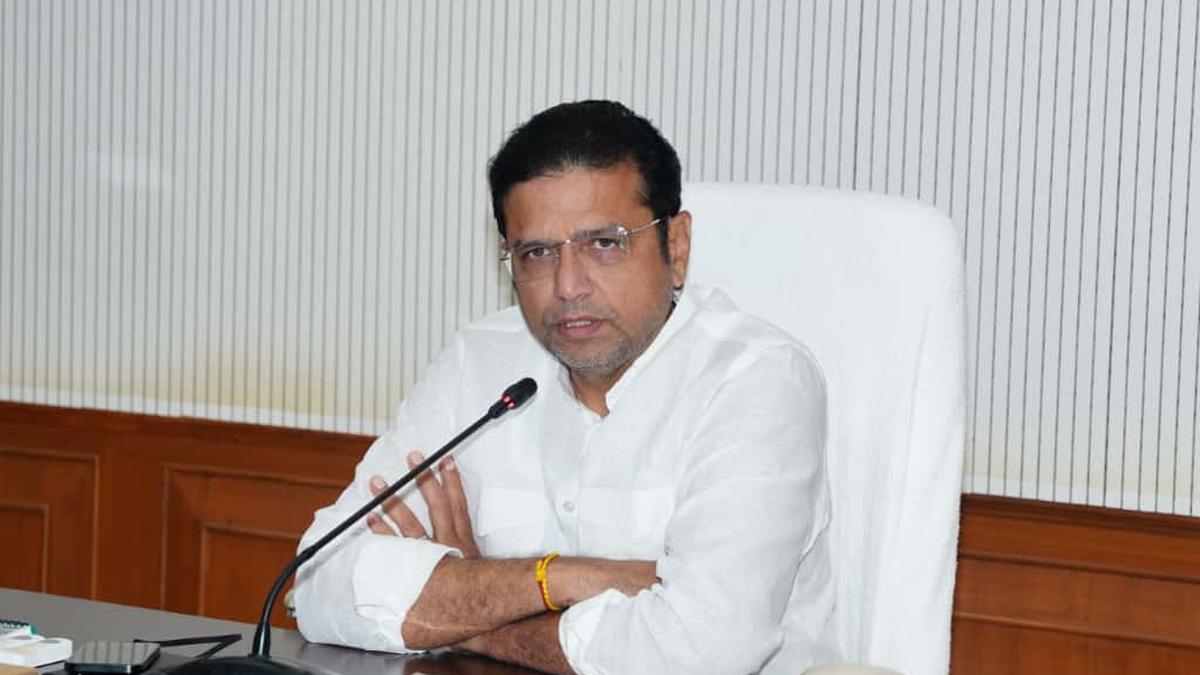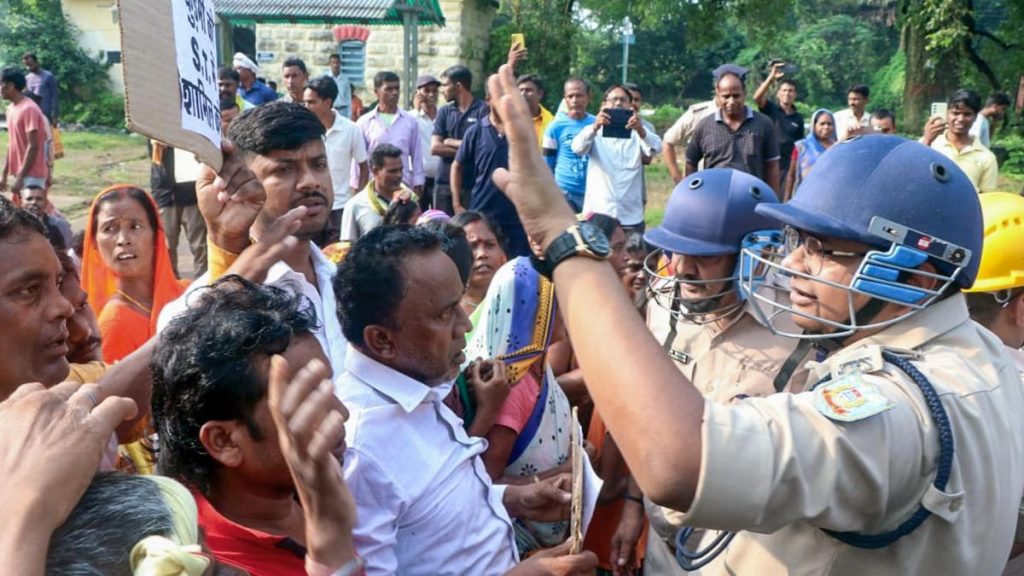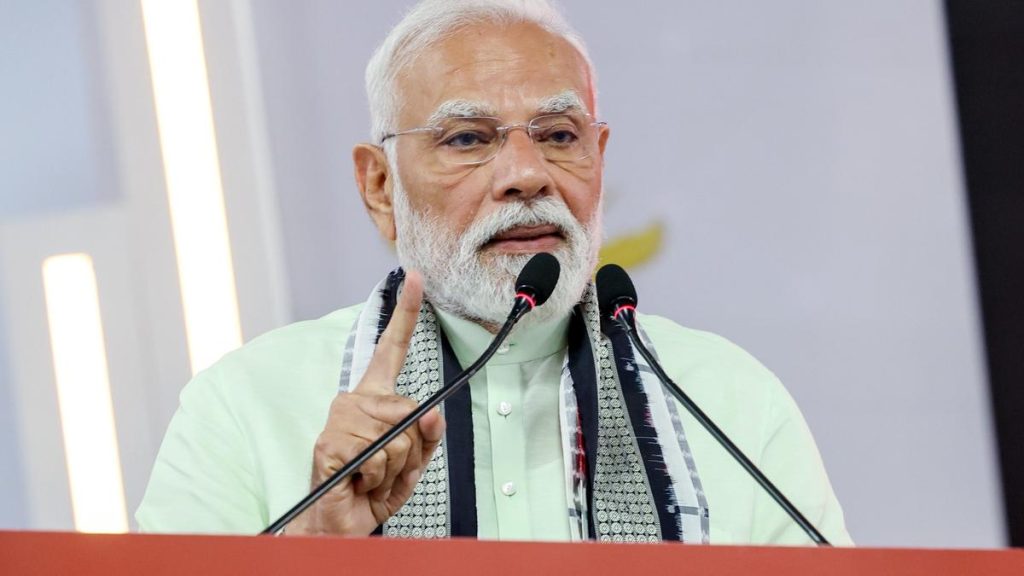Now Reading: Telangana to Bear Brunt of U.S. H-1B Visa Fee Hike: IT Minister
-
01
Telangana to Bear Brunt of U.S. H-1B Visa Fee Hike: IT Minister
Telangana to Bear Brunt of U.S. H-1B Visa Fee Hike: IT Minister

Quick Summary
- U.S. President Donald Trump has increased the H-1B visa fee to $100,000 annually, a decision expected to disproportionately affect India as it is the largest recipient of such visas (72-73% holders are Indians).
- Telangana IT and Industries Minister D. Sridhar Babu has criticised the Indian government for failing to engage in preemptive diplomacy or secure exemptions for current H-1B holders.
- Telangana contributes over 8% of India’s total remittances and ranks fourth overall in this regard; the state is expected to be substantially impacted by this policy change.
- Babu accused the Union government of ignoring non-BJP-led states like Telangana and questioned Prime Minister Modi’s silence on President Trump’s decision.
- The minister highlighted that during FY 2024-25, India received $135.46 billion in remittances, with 27.7% originating from the U.S., suggesting that higher visa fees could reduce remittance inflows and impact foreign exchange reserves.
Indian Opinion Analysis
The steep increase in H-1B visa fees announced by the United States introduces meaningful challenges for India’s economic interests, particularly affecting its expatriate professionals and sectors reliant on international remittances, such as Telangana’s IT-heavy economy. With nearly three-fourths of global H-1B holders being Indian nationals and a significant segment working within U.S.-linked industries, these changes could lead to lower overseas income, reduced employment opportunities abroad, and subsequent foreign exchange repercussions.
The criticism directed at India’s federal governance highlights concerns not just about missed diplomatic opportunities but also potential regional disparities if large states like Telangana feel overlooked by central leadership during global policy shifts affecting their economies directly.
India’s diplomatic strategy moving forward will need careful recalibration-not only to negotiate with critical partners like the U.S., where economic policies are increasingly protectionist-but also internally ensure adequate depiction of all affected states’ concerns toward mitigating sectoral vulnerabilities.
Read more: [Source Link]























